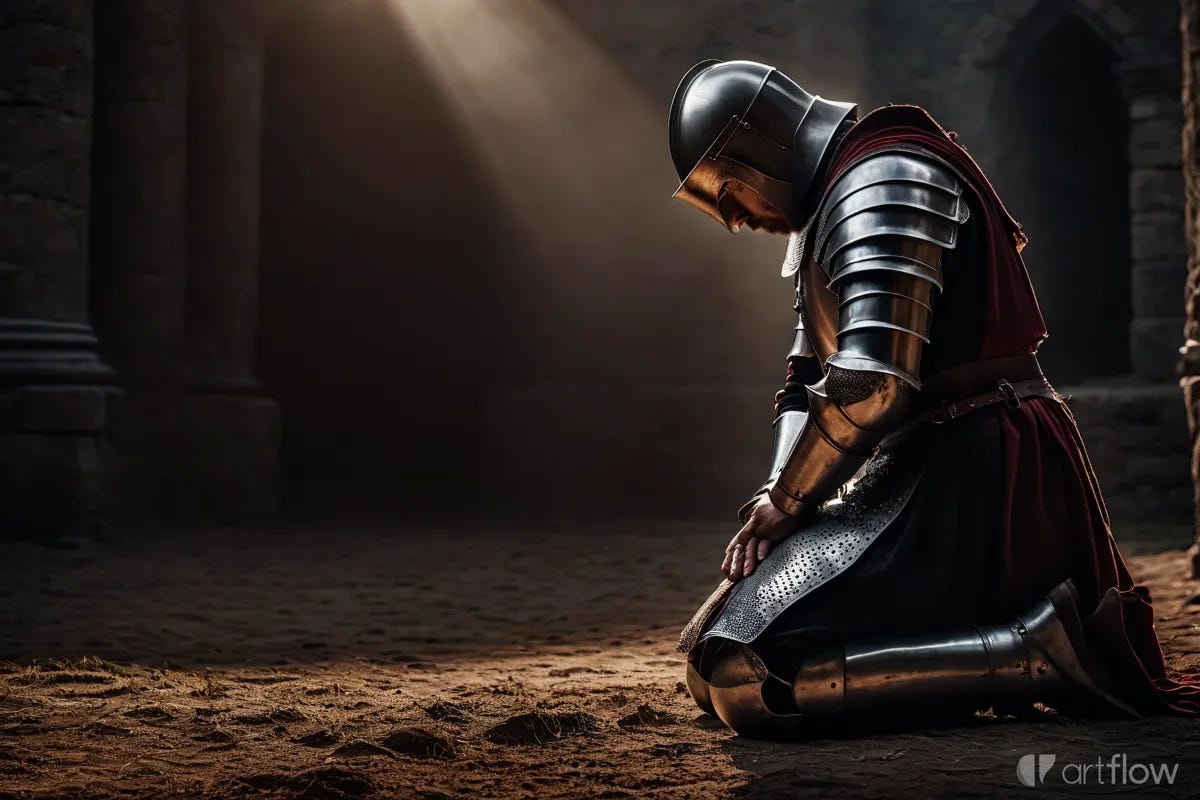Signs and Wonders
Miraculous Divine Magic
Many in the OSR deride the Cleric, claiming it is absent from Appendix N and clashes thematically with proper campaigns. I do not count myself a member of this camp, on the basis of its clear compatibility with and occasional presence in Poul Anderson, Lord Dunsany, the Matter of France, and Gygax’s own extensive use of various good and evil priests in modules. Moreover, I reject the three-class “broad archetype” paradigm in general in favor of curating a list of classes as cultural roles, and the existence of priests in a setting (as was ubiquitous in antiquity) demands such a class.
That said, I do agree with the general critique of miracles-on-tap, available in precise quantities each day. Where are the hasty oaths to offer a dozen gold statuettes to Hermes for deliverance in an hour of need? Where are the great offerings made before setting out on a journey? Where is the pledge of a city to a god, if he will spare them from the invaders? This is the stuff of history and awesome for gaming.
To that end, and inspired by this venerable post from Jedavis, I have built out a framework for divine magic to be invoked in miraculous ways, and another for non-divine casters to be granted powers as members of a holy order. The latter is rather specific to my own setting, but the principle should not prove hard to adapt. I hope they’re of use, and as ever, let me know your thoughts! In the meanwhile, I am working to refine the main Birthright domain rules for regents, and hope to have them ready to share soon.



Hey Arb! Due to discord not working in Russia I'm having some trouble reaching out to you there. I remember you made some calculations on how much the ceremonial spellcasting for hire will cost. I remember it being 15gp for 1st level, but not the rest of them. Could you help me out? It's crucial for my current campaign
I like this concept a lot. I think it could tie interestingly into a difficulty I've had world building which is how to figure out how powerful local priests are. Maybe less thought has to be put into that if most of the services are instead directed toward the god instead of the priest(s).